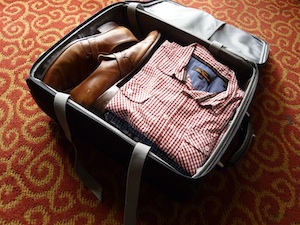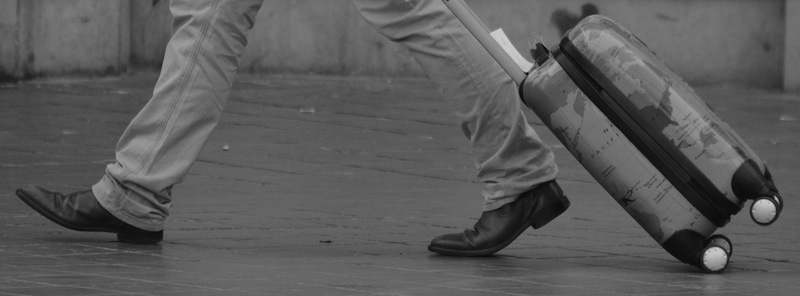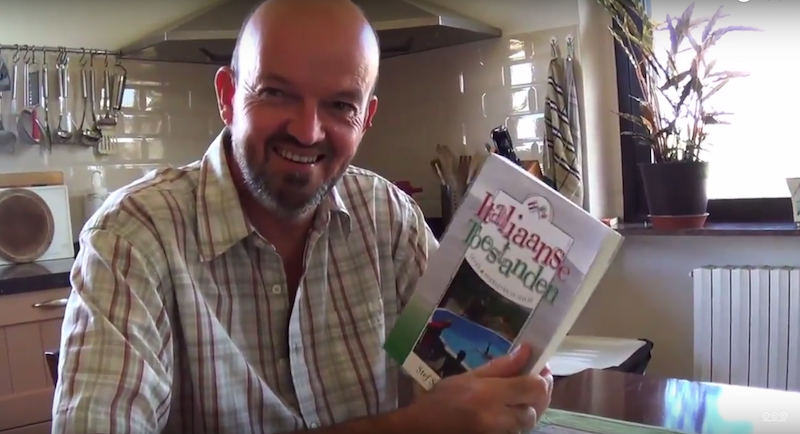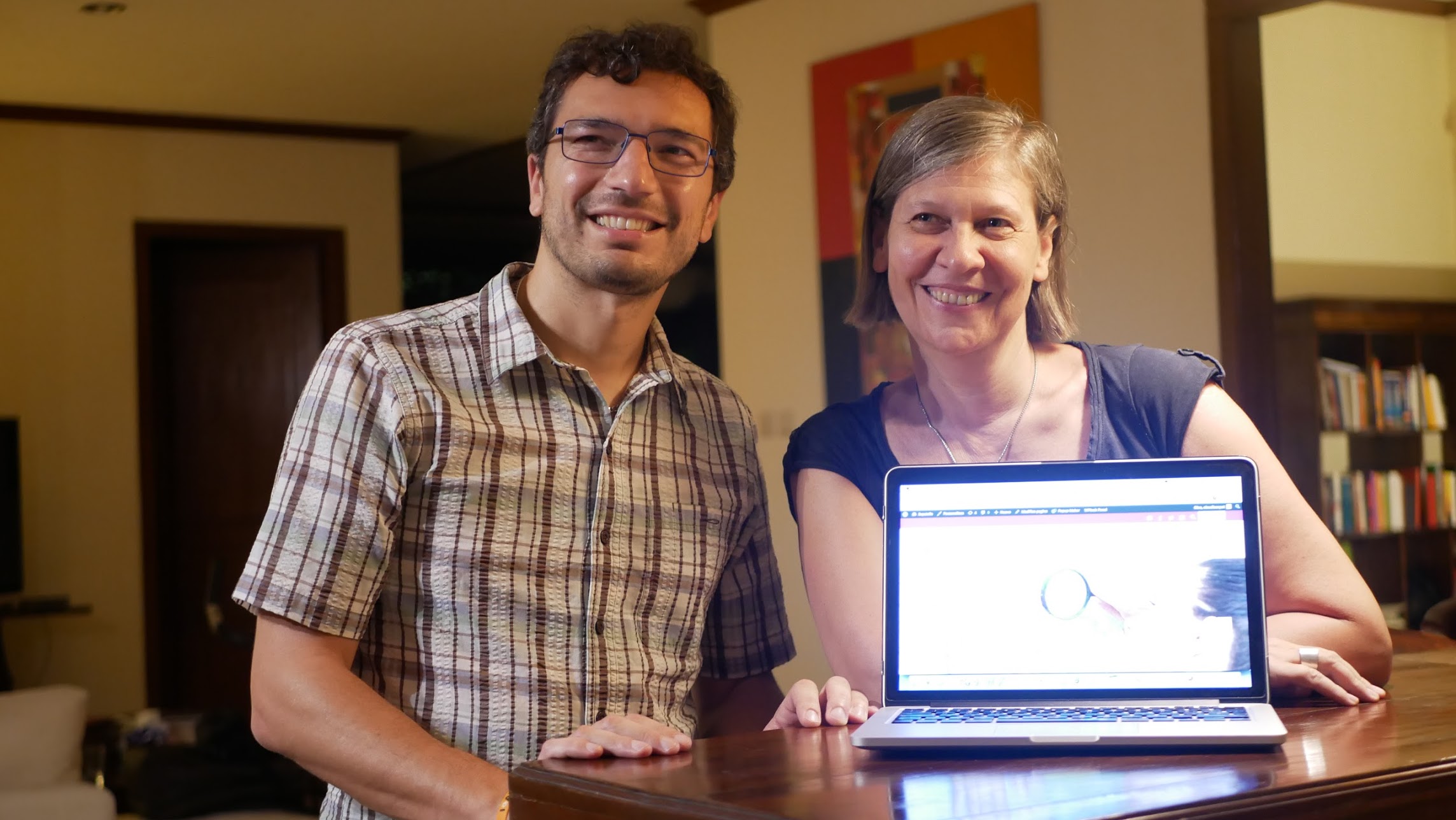
Claudiaexpat shares her reflections about male trailing spouses. Sincere thanks to all the men who answered our questions, and who wrote articles for this update. And special thanks to those men who continue following us and bearing with us!
What little research has been done about male trailing spouses seems to be rather superficial. In an effort to cover every aspect of the feelings and lives of expat families, we have decided this month to tackle this topic in depth. By doing so, we hope to be able to provide a broader vision of how men feel about abandoning their career and country in order to further their wife’s career.
We asked all the male trailing spouses we know to give us their views on the subject – you will see the results of our findings on the site during this month. We also scoured the Internet for information, and contacted the only two male trailing spouses’ associations we could find – STUDS in Belgium and Guytai in Shanghai. In addition, we distributed a questionnaire with a few targeted questions, to find out whether there are common aspects in, or total disagreement about the male trailing spouse experience.
What follows below are a few reflections gleaned from this research: naturally these are not exhaustive, nor do they draw any hard and fast conclusions on the subject, which is constantly developing and changing.
According to a recent study by Global Excellence, women occupy 20% of expatriate jobs, and that figure is set to rise. Let it be clear that this figure does not affect companies’ or organizations’ policies on accompanying spouses. Accompanying male spouses’ needs are just as neglected as accompanying females’.
So how do male trailing spouses cope with leaving their jobs in their home countries, and finding themselves in a totally unfamiliar cultural context where they are faced with taking care of a home and children? Or where they suddenly have an inordinate amount of time on their hands?
Julian’s article answers some of these questions, and in addition, we analyzed the responses of 16 French, Canadian, Italian, French/Moroccan and Brazilian male trailing spouses aged between 34 and 66, who have accompanied their wives/partners to a wide range of continents and countries, from Latin America to Asia, and from Israel to Bosnia Herzegovina.
Of course, some of the difficulties of adapting to a new culture apply to both men and women. In some case, these can determine the success or failure of the expatriate experience.
In general, men who choose to ‘trail’ are more flexible than average, because in many cases this conscious choice means giving up what in many of the world’s societies is considered to be a man’s role: that of supporting the family. And even if this role is accepted within expatriate communities, it is sometimes met with rather different reactions from the host country’s society.
We asked male trailing spouses the following question: ‘How do people react when you say you followed your partner, and it is she who is the breadwinner?’
The replies, with the exception of those living in the US where the situation might be considered normal, ranged from astonishment to admiration, envy, and incomprehension. Just like female trailing spouses, if a man is not in a particular country because of his job, he always has to justify his presence.
However, although a woman easily fits in with the image of a home-maker who spends her days taking children to parties, or shopping, a man pushing a buggy in broad daylight unfortunately still conjures up an image of weakness in many societies. Enormous pressure can be created by this stigma, and can translate into a feeling of unhappiness within the couple.
But problems within a couple were only mentioned by one respondent to our questionnaire. Most cited two principal barriers to a happy experience: loneliness and isolation, and the difficulty of keeping up a career.
The feeling of loneliness is understandable: men, in general, don’t have the same support networks that women have become so apt at creating. We mentioned earlier that we only found two associations for male trailing spouses worldwide: the list for similar women’s groups is very long. None of the men we interviewed had found such groups in their host country (although many admitted they had not looked for them).
These groups, which are a lifeline for expat women (from finding friends to getting to know the host country, organising day-to-day life, or finding a job), simply do not exist for men. And although a few men bravely join women’s associations, some find it difficult to feel at ease in a context which they find closed and impenetrable.
So male trailing spouses look for other social channels, the two main ones being contacts made through friends or through their spouses’ work, or those made through their own job, if they manage to find one. All respondents said they had formed close friendships with other male trailing spouses.
 Sharing an experience – one which is difficult for people outside the situation to understand – is certainly a factor which strengthens the bond. Being able to relax with people in the same situation, who are not judging how much free time they have, or the fact that they choose to spend it playing sport or exploring the area, brings male trailing spouses together.
Sharing an experience – one which is difficult for people outside the situation to understand – is certainly a factor which strengthens the bond. Being able to relax with people in the same situation, who are not judging how much free time they have, or the fact that they choose to spend it playing sport or exploring the area, brings male trailing spouses together.
The question of work is a thorny one. Accompanying men will meet the same practical and moral difficulties as accompanying women when they job-hunt abroad. But while a job-seeking woman doesn’t raise eyebrows, a man in the same position might be viewed as a failure, or in some way inferior.
In addition, there are many job opportunities abroad which seem to be acceptable for women in the collective mentality: teaching pilates or yoga, cooking, babysitting and so on. Opportunities for men are much more limited, because they have to face pressure to find ‘manly’ activities.
Finally, a gap in a woman’s CV, perhaps filled with a few bouts of voluntary or other activities, doesn’t shock a future employer in the same way as would a gap in a man’s CV.
Of course there are aspects of living abroad which can enrich the experience – even professionally – for a man. This is particularly the case for men who have a career which is ‘portable’, or who have a lot to gain from a stint abroad.
For many, learning a new language, experiencing a new culture, or taking advantage of a career break abroad to study or acquire a new technique offered in the host country, can be a huge bonus. This, together with the undeniable enrichment brought to the whole family, is often a factor when men say they are happy with the choice they made.
No-one gave a negative response to our question ‘How would you rate your experience overall?’ Although difficulties were highlighted, no-one denied that living abroad, both for the family breadwinner and the trailing spouse, is an enriching and important experience.
And for those men who manage to free themselves from the shackles of stereotypes and social pressure, there is the pleasure of taking full advantage of free time, of being able to focus on themselves, and why not, the opportunity of having a privileged relationship with their children.
This might not be the view of many men, particularly those in their forties and above, but those who are flexible enough to make the most of it end up stronger and internally richer people.
Perhaps, because it’s still an atypical scenario, those living the male trailing spouse experience cannot feel completely at ease with it. But this will come. The world is changing, and cultural boundaries are fading, new professions are emerging, and exchanges and mobility are increasing. The plight of the male trailing spouse is sure to change too in the future.
In conclusion, we’d like to quote a sentence from one of our questionnaire respondents, who says that over and above everything else, ‘…people must realise that in this day and age it doesn’t matter who brings home the bacon: what matters is having bacon for your children.’





